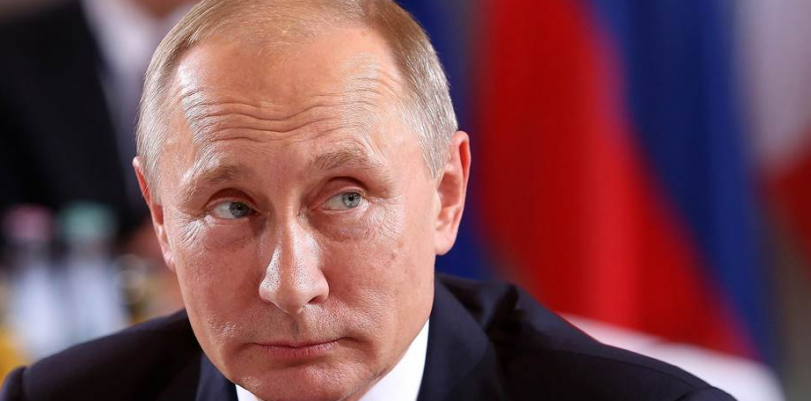The use of Internet in Russia has increased a lot in the last 15 years. Since 1999, when Vladimir Putin first became the Russian Prime Minister, to this day when he’s the country’s president, the number of Russia’s Internet users has increased from around 2 million to 144 million people. Even though this seems pretty impressive at first, statistic shows that Russia is actually falling behind when it comes to its Internet use. Even though it might seem crazy, this could actually be connected to Putin’s fear of the Internet and suspicions of it being a “CIA project” that’s created in order to harm Russia.
Can Putin’s Paranoia Destroy The Internet?
Many believe that Putin’s fear of Internet being out to get Russia could actually destroy the Web that we know and rip it apart, creating a bunch of smaller, independent intranets that will belong to individual countries. Russian journalist Andrei Soldatov has said that he thinks that this could very well happen in the near future and that this fear could probably “catch on” with the other country leaders.
Silencing Russian Writers
Several years ago, there were many Russian online writers and bloggers that were using the Internet’s concept of free speech against their government. These people enjoyed the opportunity to speak their minds and criticize the views of the government, until last March, when all of their blogs and websites were shut down without warning, explanation or chance for recourse.
One such blog belonged to a man named Alexei Navalny, who had criticized the Russia’s Crimea takeover shortly before his blog was removed. And he’s not the only one, several news sites and many other blogs with similar content were swiftly deleted as well.
Many have claimed that these shutdowns were connected to the content that was posted and that it’s in direct link with the criticisms of the events in Ukraine, including Alexander Podrabinek, a former columnist, and owner of several websites.
A Reward For Cracking Tor Network
With a paranoid government like that, it’s not exactly surprising that the citizens of Russia want to protect their data and online privacy. Many have done their research and decided to start using VPNs like TorGuard to protect themselves and make sure that they’re not being spied upon. TorGuard and similar VPNs are becoming more and more popular in Russia these days, especially by those citizens who believe that privacy is one of the basic human rights.
In order to prevent this, Putin has offered quite a reward for those who are capable of “cracking the code” of these VPNs, especially Tor. Basically, if you can disable Russian access to this software, the president will reward you with $110,000. Putin’s fear is probably more understandable when we remember that for the last four years of his rule, the liberal “Putin must go” campaign has been echoing throughout the country. It’s thought that he believes that more Internet freedom means stronger campaign against him.
Introduction of “Bloggers Law”
Those who use VPNs are protected from prying eyes, but those who don’t are still being vulnerable and are being bullied by the Russian government. Some are, of course, more exposed than others, especially journalists and bloggers. Last May, a new law was brought. This “Bloggers Law” states that all Russian bloggers with 3,000+ followers must be registered. Their names and home addresses must be known to the government at all times, and any blogger that the government finds guilty of spreading misinformation will be punished by a fine or in some other way.
An expert on Russian law, Galina Arapova, has stated that this law is expected to “cut the number of critical voices”, and scare those who might think of criticizing the Russian government in the future.
Social Media Websites Are Also Being Spied Upon
After dealing with the bloggers and making steps to deal with Tor users, Putin has also targeted social media websites, like Google, Twitter, and Facebook.
Another law that was introduced last July says that media sites that are being used by Russians now have to keep last half a year’s worth of Russian user data all the time, and if they don’t agree with this law, they won’t be allowed to operate in Russia anymore.
Even though this might seem overdramatic, some believe that the NSA uses social networks and similar internet methods to spy on Russian individuals and that this is a fact that was leaked last year by Edward Snowden. On the other hand, most Westerners think that this is outrageous and are afraid that Putin and the Russian government are trying to influence and control the Internet more than they should be able to.
Putin has been involved in the Russian government for more than 15 years already, has an extremely high percent of approval rating (around 84%), and is skilled when it comes to political maneuvering. It’s believed that someone like him can have a pretty big influence on the opinion of the rest of the world when it comes to Internet censorship, and the Americans are becoming increasingly concerned about him and his country’s activities. No one knows where all this might lead, nor who else might get affected by Putin’s views and decisions.
